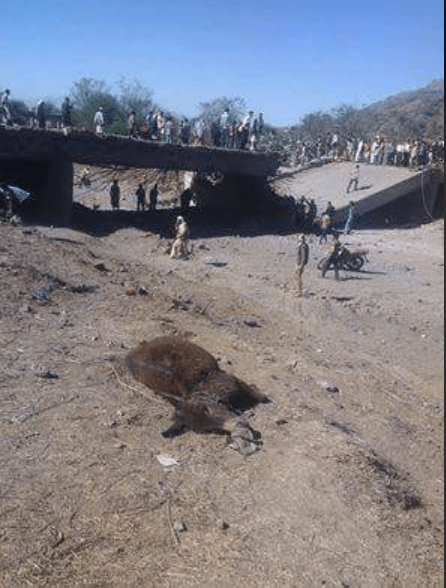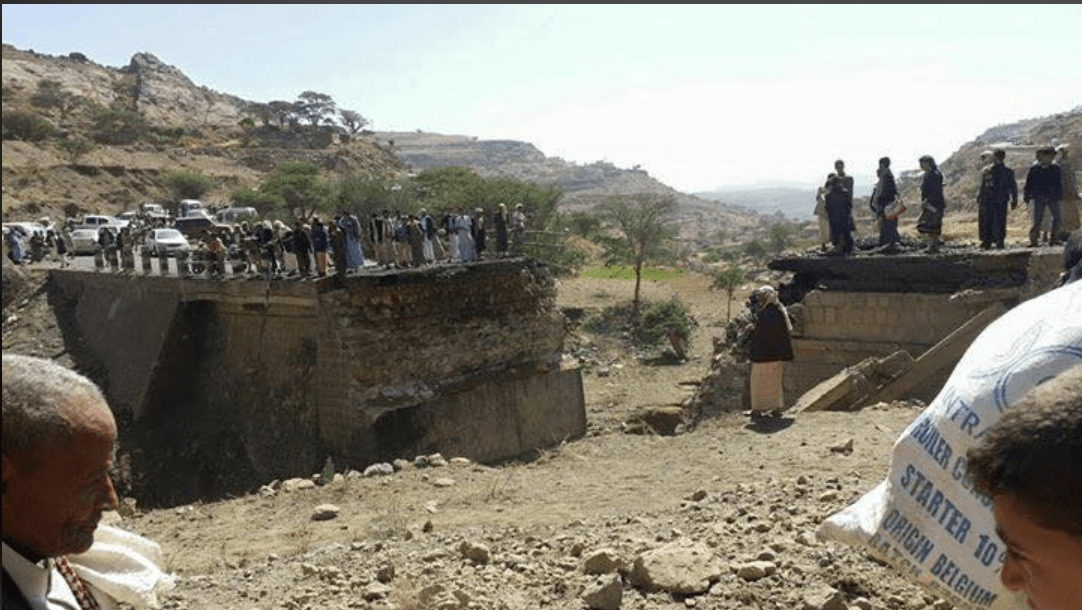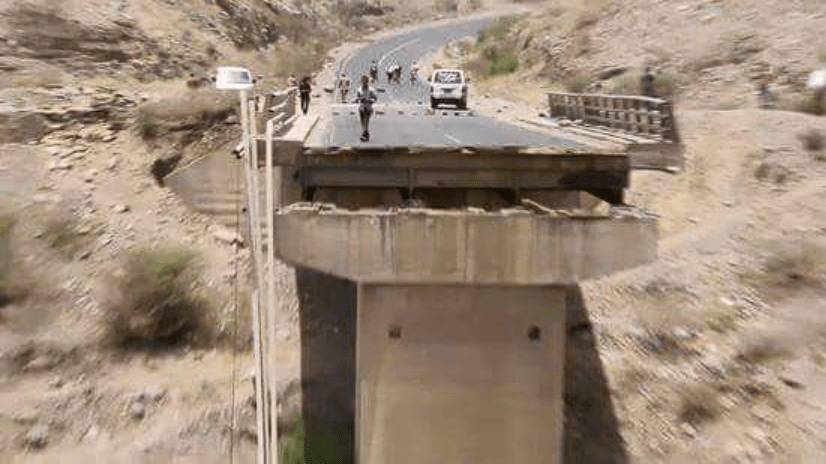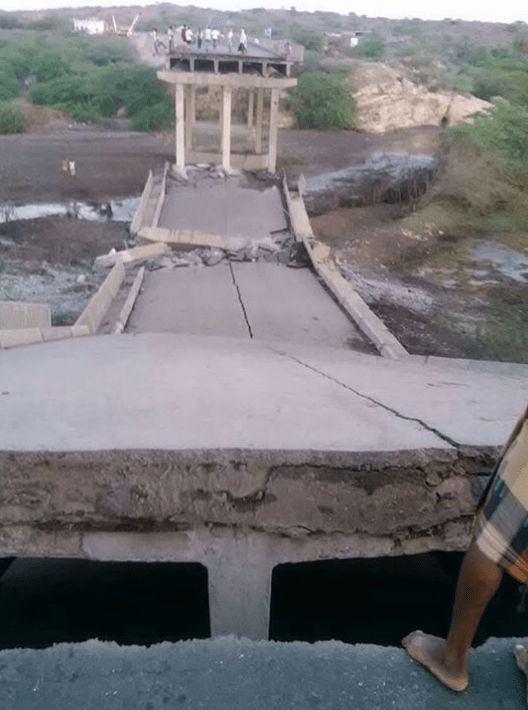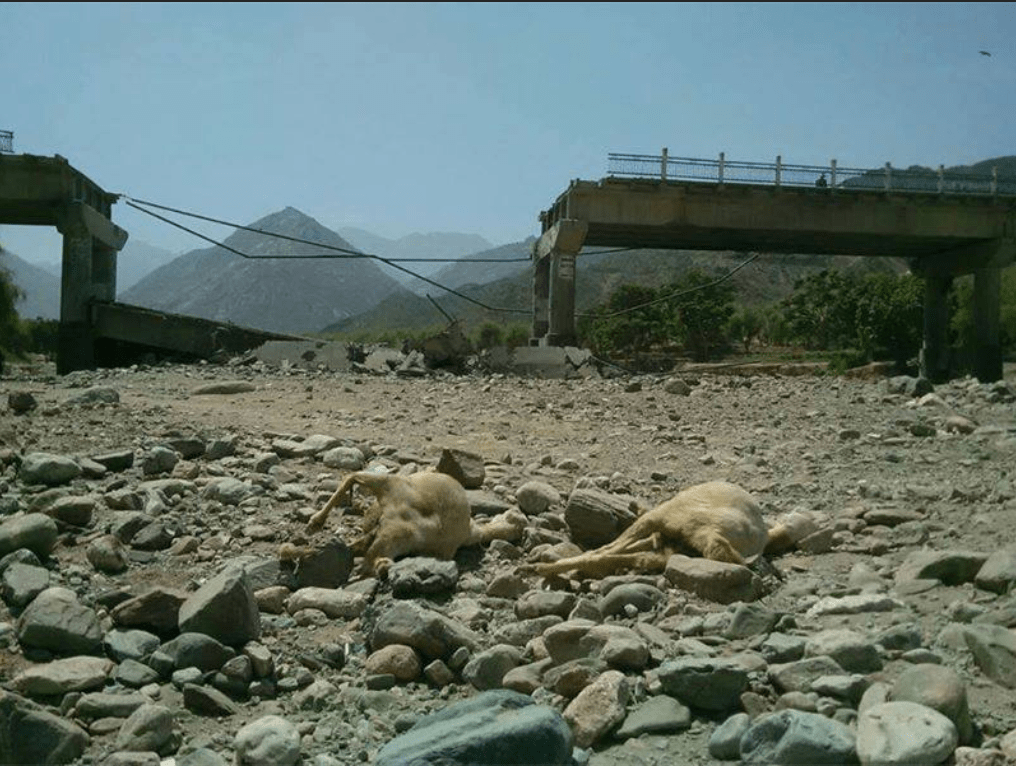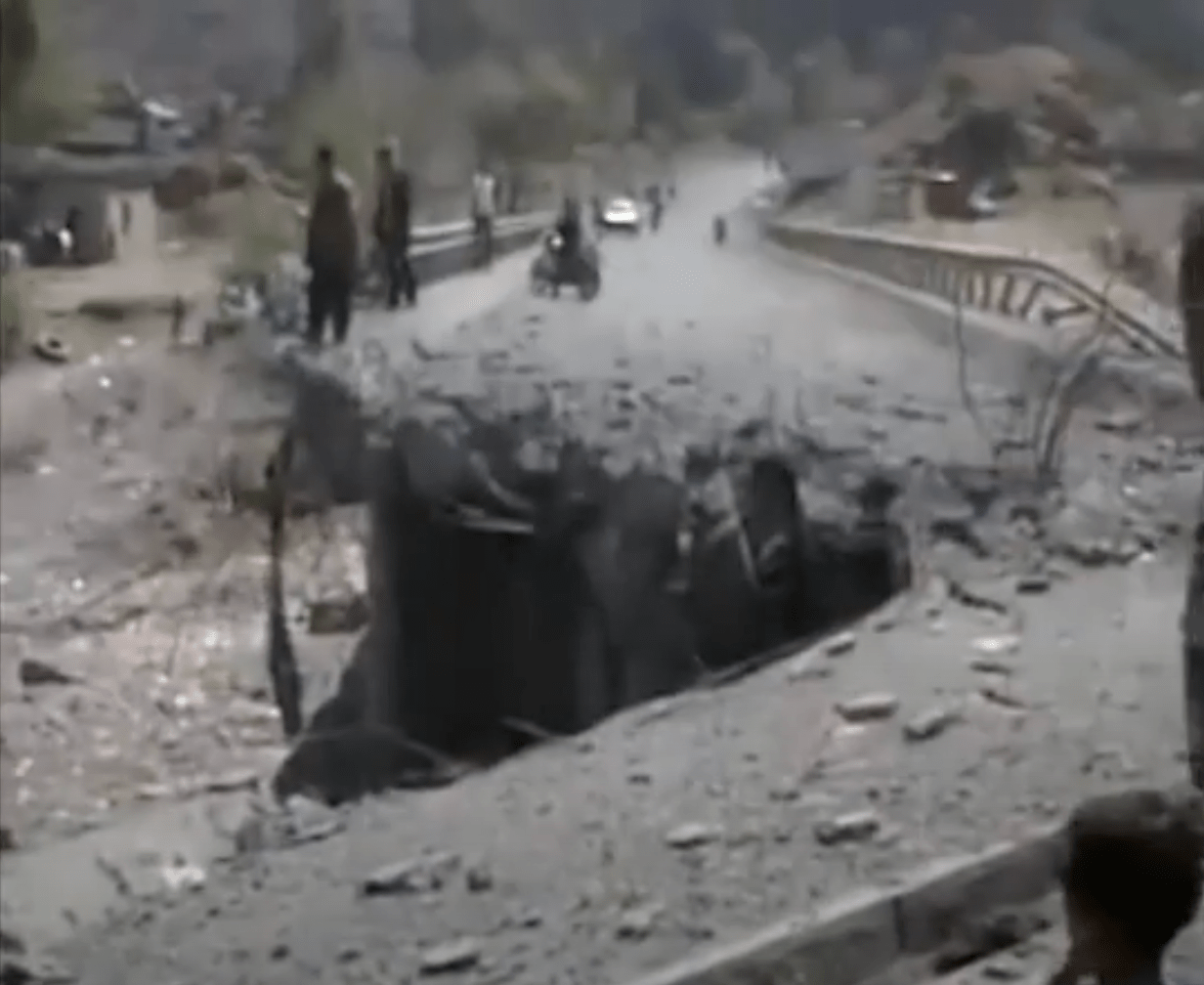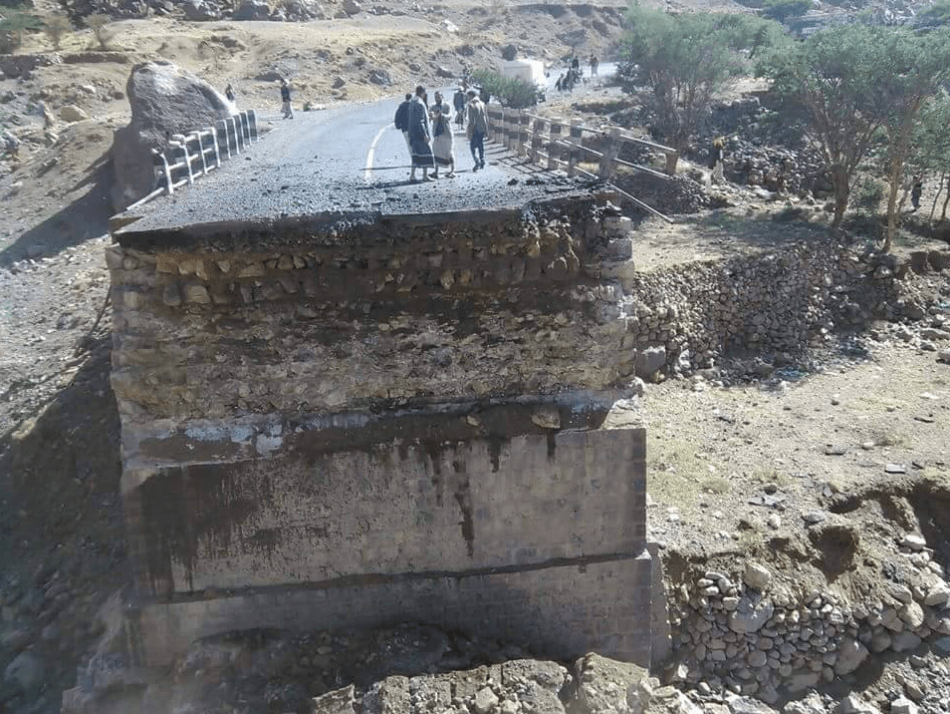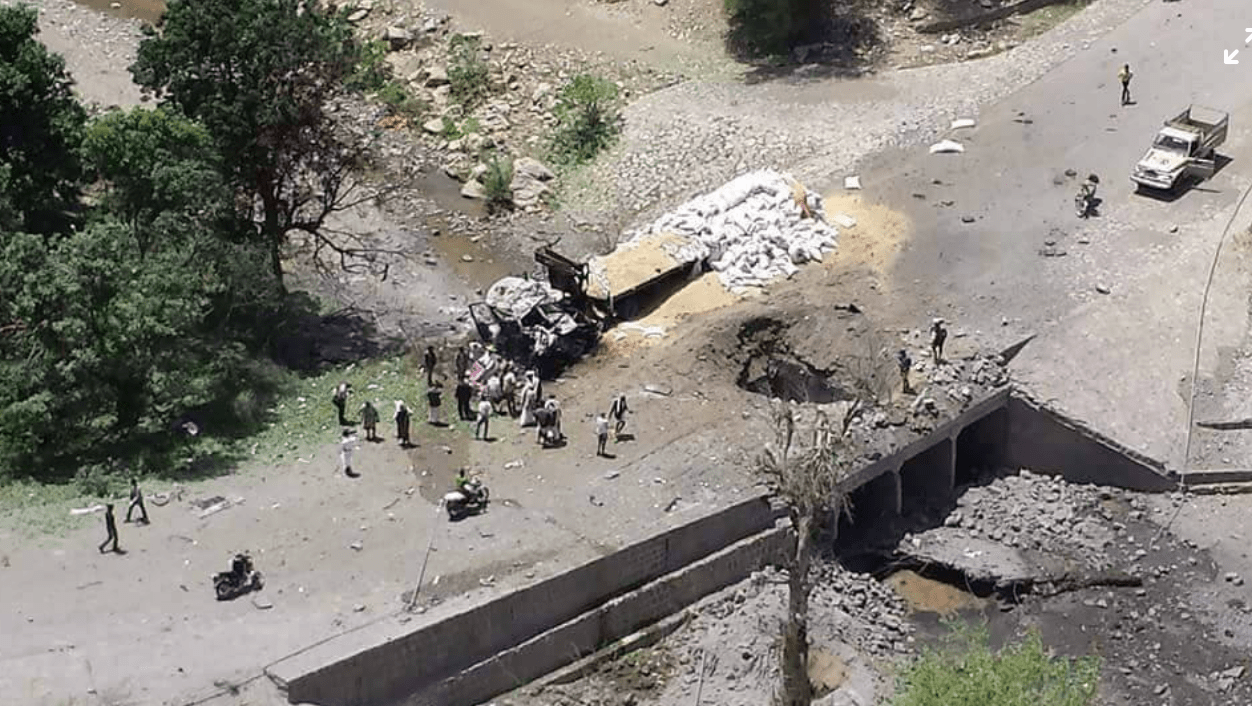Attacks on Access:
Systematic Targeting of bridges in Yemen
Between 2015 and 2019, the Yemeni Archive has documented 142 attacks on bridges.
The damage blocks key transport routes for food and humanitarian aid.
More than a hundred civilians have been killed in these attacks.
Millions more face extreme hunger and are blocked from medical services.
It is illegal under international law.
Yemen has been in a civil conflict since 2014 when Houthi forces from the northwest gained control of the capital Sana’a and some other key cities

City
The Yemeni government under president Hadi’s leadership requested support from Saudi Arabia.
The Saudi-led coalition got permission from the UN security council to provide military support.
The Saudi-led coalition was supposed to assist the government to help stabilize Yemen.
Since then, the country has been under siege.

Port

Huthi

Government
The southern city of Ta’izz has been a key location along the front line
Attack
Many documented airstrikes targeted bridges along these key routes

N1 Hightway
Attacks
Attacks
Attack
A wheat truck destroyed during an attack on Lahimah bridge on September 15, 2015
As of December 2019, the UN said 15.9 million people were severely food insecure. That’s more than half the country’s population. Another 3 million were malnourished.
“Conflict continues to drive hunger in Yemen.”
The Yemeni Archive has investigated three key attacks

N1 Hightway

Al-Dalil bridge
On April 21, 2015, during the day, an airstrike hit the bridge.
Yemeni Archive verified videos showing dozens of injured at the scene.
The damage from the airstrike blocked the road
It impeded civilian access to hospitals, markets and neighbouring communities
Bridge
Al-Dalil was one of them.
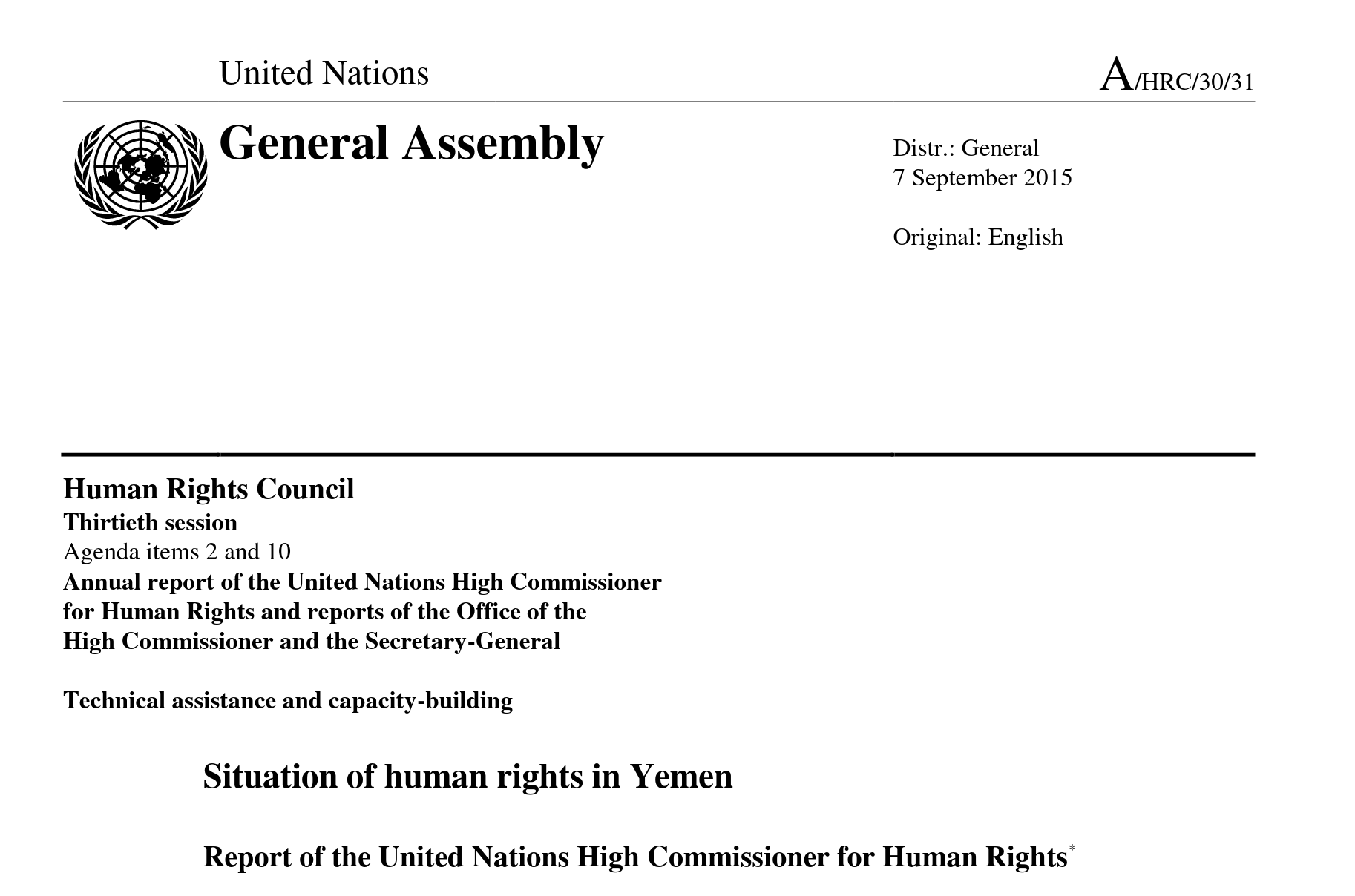

Source: UN report
“My brother bassam and one of his friends rushed to help the injured who were hit by the missile that targeted the bridge, but the saudi-led coalition warplanes fired a second missile when my brother and his friend were killed.”
The brother of one of the victims of the attack on Al-Dalil bridge
“He was 35 years old at that time. he was just a worker, not an employee, nor a merchant.”
“When i saw the massacre after the bombing, i froze from the shock of what i saw of what happened in the place. at first, i couldn't even recognize my brother.”
“All i wish is that the saudi-led coalition will be held accountable for every crime that is committed against civilians and innocent people.”
It is illegal to target civilian infrastructure and to block access to humanitarianassistance under international humanitarian and human rights law.
The coalition claims bridges are military objects, since they are used by Houthi forces.
But even if that’s the case, international law requires military forces to consider the impact on civilians.
More about the legal implications
Under Customary International Law, which is binding on all States, it is unlawful to attack civilian objects, that is, objects which are not military objectives. It is also unlawful to attack objects indispensable for the survival of the civilian population and to use starvation as a method of warfare.Intentionally attacking civilian objects and launching attacks that cause disproportionate civilian harm are war crimes.
Customary International Law also requires parties to a conflict to allow and facilitate rapid and unimpeded passage of humanitarian relief.
Civilian bridges and buildings are among the objects covered by international protection in international humanitarian law, due to their utmost importance for civilians in areas of armed conflict (see Article 52 of Additional Protocol I).If a bridge is vital for the transportation of food and medicine for civilians, it could additionally be considered an object indispensable to the survival of the civilian population, which cannot be attacked under Customary International Law and destroying it may indicate the war crime of starvation.
Even if a bridge is being used by the military, the consequences of its destruction for the civilian population must be weighed against the military advantage expected from the destruction of the bridge.
The fact that so many Yemenis in Houthi controlled territory were already starving or at risk of starvation strongly suggests that either the Coalition intended to increase the starvation or, at the very least, did not consider the effects of the destruction of this infrastructure on the civilian population
Direct Hit

Non Direct Hit
Attack with casualties
Sabri Qasim Al-Naqeb was one of them.
I am 65 years old now, but the five years that have passed since my son's death were the longest and most painful years in my life. i feel as if i haven't woken up yet from the shock of that day.”
“Whenever I remember my son, i feel very sad.”
“I only hope that this unjust coalition will be held accountable for their crimes on the targeting and killing of innocent people.”
